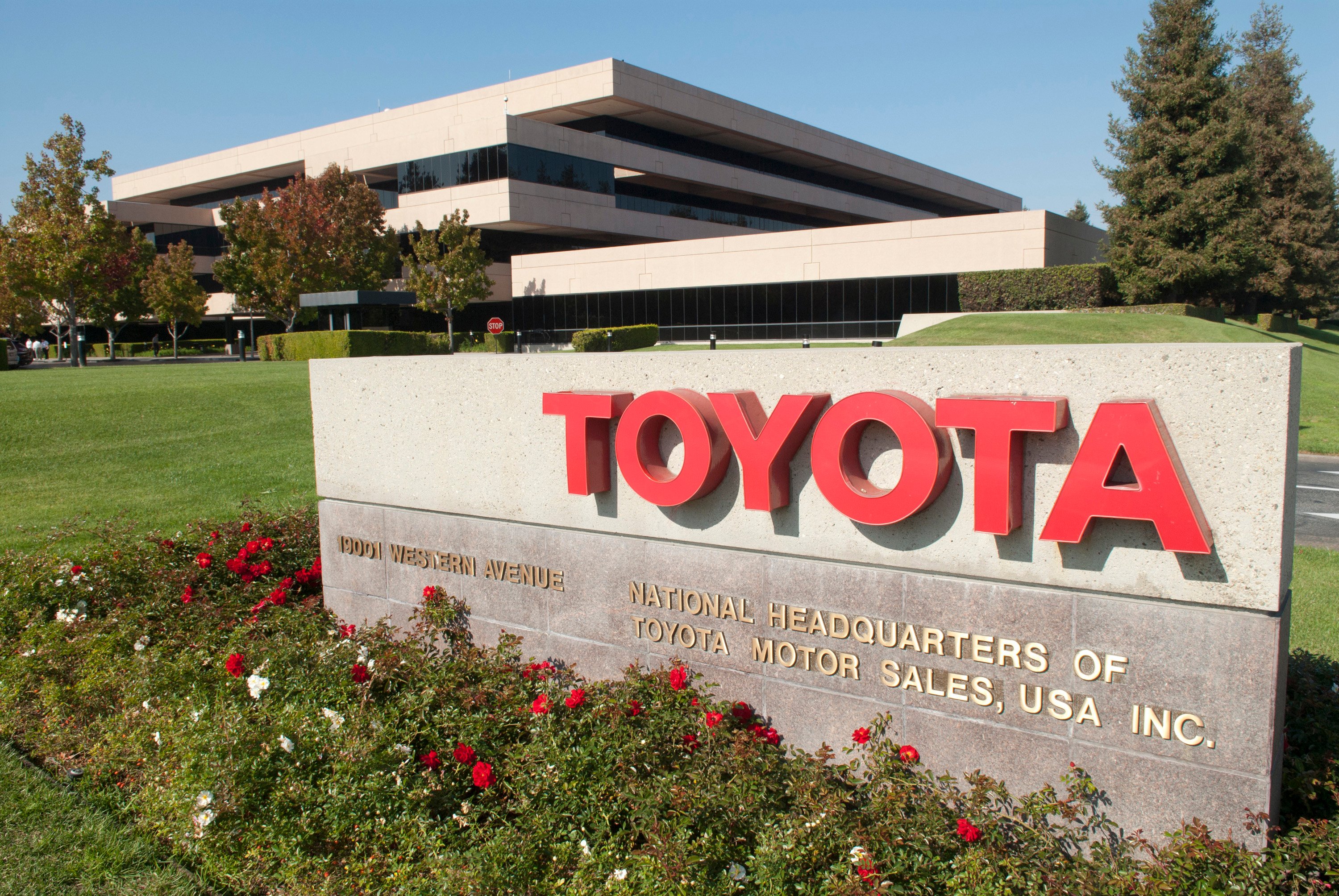Toyota Motor Corp.’s (NYSE: TM) future success has become a balancing act between two powerful forces. One is that sales based on new demand because its reputation for making excellent cars has been sustained, but barely, and its ability to handle this demand has been enhanced by the fact that factories shuttered because of the earthquake in Japan are back online. The counterweight to this success has been repeated recalls that may quickly swamp Toyota’s advance. Source: courtesy of Toyota Motor Corp.
Source: courtesy of Toyota Motor Corp.
No market offers a better example of why Toyota has done well in the past year, and has forecast that it can do even better in 2013. Toyota’s share of the U.S. market — the world’s second largest car market — moved up sharply in 2012, and much of that improvement was detrimental to large rivals Ford Motor Co. (NYSE: F) and General Motors Co. (NYSE: GM). The American market has helped Toyota move ahead of GM as the world’s largest car company, but its place in that position could be short lived.
Toyota announced the recall of one million cars, a combination of Corollas and Lexus IS models. The problem with the Corolla involves the airbag systems in the cars, which will cause consumers to worry about safety. Safety is the basis on which many Americans make their auto purchase decisions.
Toyota only recently has pulled free of buyer concern about two multimillion unit recalls in 2010. The first, for accelerator problems, included 4.2 million vehicles. The second included 2.3 million cars and light trucks.
Car companies, like virtually all others that sell products directly to consumers, can survive only so many mistakes that threaten sales. At some point, consumer-facing companies become crippled as their brands fall into disrepute. The resurrection of a brand can take years, if the resurrection can be fashioned at all.
Toyota’s success of the past year owes itself in part to the fact that recalls had not entirely harmed its reputation with consumers, as many reports from research firms like J.D. Power and Consumer Reports showed. That success may end, and end very soon.
Essential Tips for Investing: Sponsored
A financial advisor can help you understand the advantages and disadvantages of investment properties. Finding a qualified financial advisor doesn’t have to be hard. SmartAsset’s free tool matches you with up to three financial advisors who serve your area, and you can interview your advisor matches at no cost to decide which one is right for you. If you’re ready to find an advisor who can help you achieve your financial goals, get started now.
Investing in real estate can diversify your portfolio. But expanding your horizons may add additional costs. If you’re an investor looking to minimize expenses, consider checking out online brokerages. They often offer low investment fees, helping you maximize your profit.
Thank you for reading! Have some feedback for us?
Contact the 24/7 Wall St. editorial team.



